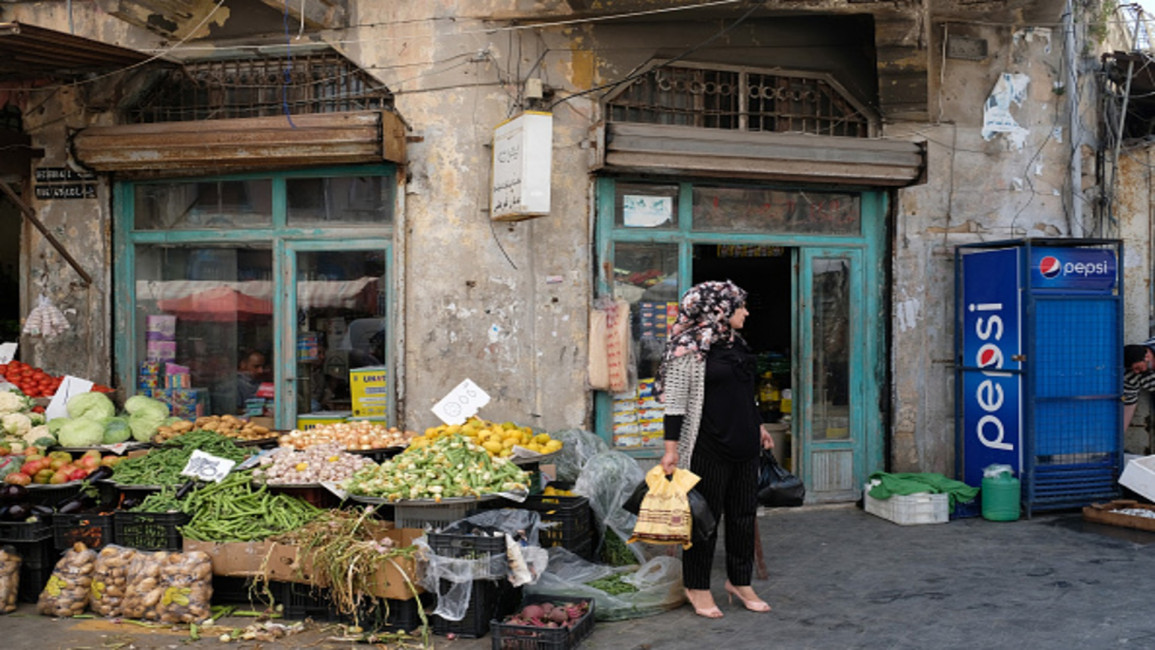Lebanon joins UN list of countries at risk of 'catastrophic famine'
Lebanon's food crisis is the result of a financial and political crisis that began in August 2019, sinking the country's currency to a new low, although the UN believes things could get worse.
The Food and Agriculture Organisation of the United Nations (FAO) and the World Food Programme (WFP) has issued an early warning for urgent humanitarian action in 20 countries in "catastrophic situations".
These countries face high potential for acute food insecurity between March and July 2021.
The report "Hunger Hotspots", published on Tuesday, labelled 13 countries - Afghanistan, Burkina Faso, the Central African Republic, the Democratic Republic of the Congo, Ethiopia, Haiti, Honduras, Nigeria, the Sudan, South Sudan, Syria, Yemen and Zimbabwe - as particularly concerning due to the "scale, severity and trends of the existing food crises".
In the Middle East and North Africa, the UN agencies lumped Lebanon with famine-stricken Yemen and war-torn Syria in a list of countries "already facing significant conflict and/or socio-economic crises at the end of 2019".
They "are expected to see further economic deterioration driven by rapid currency depreciation and skyrocketing inflation".
As a result of the financial crisis that hit the country in Autumn 2019, the Lebanese lira has lost more than 80 percent of its value leading to food inflation recorded at a staggering 402 percent.
Twitter Post
|
In a country reliant on imports, the collapse of the lira against the dollar has sparked fears of food shortages.
Some food shops around the country began shutting their doors last week as provisions dwindled.
Others stayed open but could not say for how long. According to some estimates, the country has roughly two months of supplies left.
The report warned that skyrocketing inflation rates have been compounded by measures to halt the spread of Covid-19, a destructive blast on 4 August that caused significant destruction of livelihoods and property, and an ongoing political crisis.
Read also: Lebanon hikes bread price for third time in nine months
According to FAO and WFP, the "Central Bank’s expected suspension of the allocation of US dollars at the official rate in favour of importers of wheat, essential medicines and fuel, is likely to lead to a further increase in prices of basic goods".
Combined with a lack of economic growth and employment opportunities, it will likely dramatically affect the livelihoods of poor Lebanese and refugee households.
At the end of 2020, 19 percent of Lebanese nationals and 21 percent of Syrian refugees had reported the loss of their main sources of income. As a result, the proportion of Syrian refugees living in extreme poverty reached a staggering 89 percent, up from 55 percent in 2019.
"Against this backdrop, civil unrest and violent clashes could become more frequent," the report said.
Follow us on Facebook, Twitter and Instagram to stay connected



